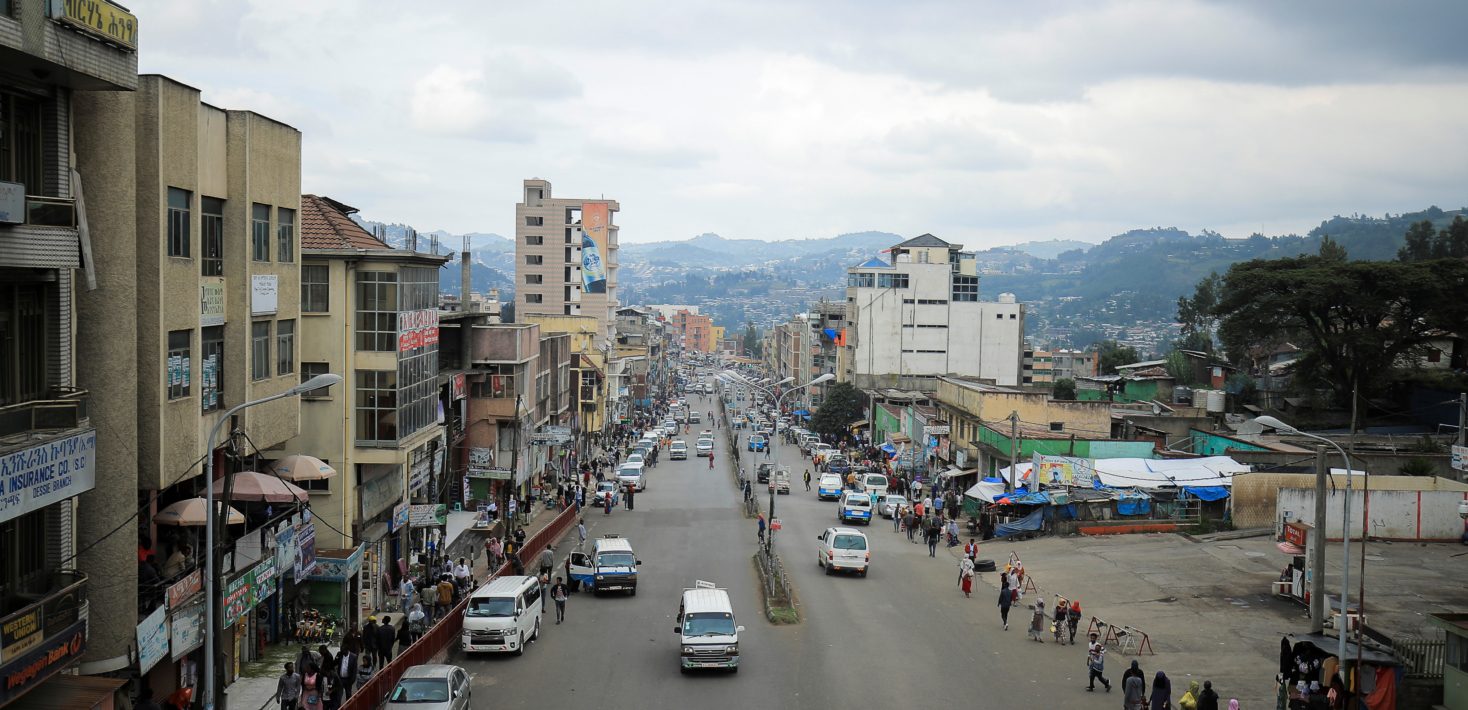
Amnesty International
Today marks four months since the initiation of a state-led campaign resulting in the mass arbitrary detention of thousands in Ethiopia’s Amhara region, which began in September 2024. In response, Tigere Chagutah, the Regional Director for East and Southern Africa at Amnesty International, stated:
“The lack of international response to the widespread and arbitrary detention of thousands in the Amhara region is profoundly disappointing. Ethiopia’s development partners, along with both African and global human rights organizations, must leverage their influence to advocate publicly for the release of all those detained without justification. The global community must not ignore the ongoing human rights crisis in Ethiopia, where the government persistently undermines the rule of law.
“Detaining thousands of individuals for months without charges or trials constitutes a severe miscarriage of justice and a clear violation of human rights. Not only are these individuals imprisoned without any legal justification, but Ethiopian authorities continue to carry out arbitrary arrests in the Amhara region. It is imperative that authorities release all those held unlawfully or formally charge them with crimes recognized under international law.
“International pressure on Ethiopia is crucial, especially as the government persists in stifling civic space, including the suspension of four prominent human rights organizations, one of which has been operational for 32 years.”
Background
On September 28, 2024, the Ethiopian military, along with Amhara regional security forces, conducted mass arrests of thousands of individuals throughout the Amhara region, subsequently detaining them in four large facilities. Among those apprehended were members of the judiciary, including judges, prosecutors, and academics.
These arrests occurred during ongoing hostilities between the Ethiopian military and armed groups from Amhara.
In October 2024, four judiciary personnel were released. By January 2025, authorities had freed hundreds of detainees, which included three judges, women, elderly individuals, and those with chronic health conditions. However, thousands continue to be held without justification.
.
.
.
#Ethiopias #Amhara #Region #Call #Urgent #International #Intervention #Habesha #Latest #Ethiopian #News #Insightful #Analysis
Source link











